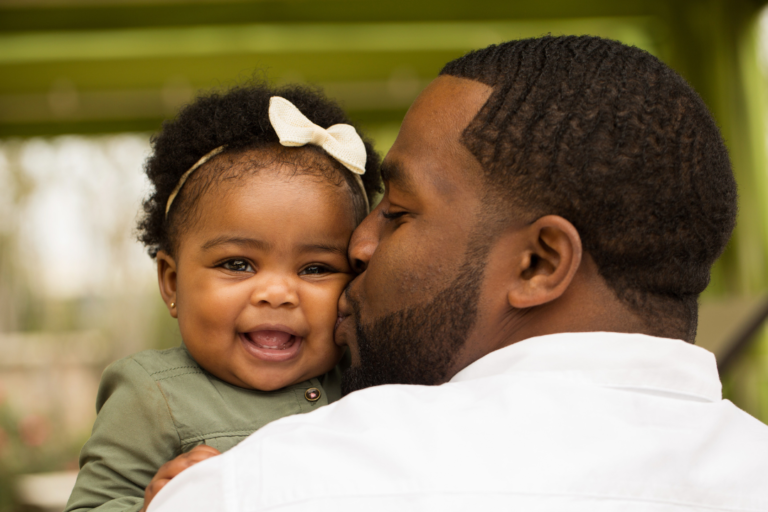When your toddler is ill she will feel more needy, eat less and may regress in her development. Understanding the reasons and how to support her will help her healing process.
Eating
When we are ill, appetite and eating habits often go out the window.
Snotty noses mean that milk feeds are tricky, as your toddler cannot breath while swallowing. Leave longer times for feeds and allow your little one to ‘snack’ on milk feeds with less rigidity around routine.
If your child has a fever and stops drinking altogether, it may indicate that she has pneumonia, which needs to be identified – go see your doctor.
Gastro and tummy bugs affect appetite. If your little one is vomiting or has diarrhea, you need to make sure more liquids are going in than coming out to avoid the risk of dehydration.
It takes time for appetite to return after illness. Be patient and don’t worry – just keep offering what your little one loves to eat and once on solids, do not increase milk feeds to compensate for poor appetite, as this will impact on how long it takes for appetite to return once she is well
Sleep
Ear infections, fevers and upper respiratory tract infections all cause sleep disruptions, partly because your toddler is eating less but mainly due to discomfort whilst asleep. Use a humidifier and a decongestant for older toddlers to clear their breathing.
When she wakes comfort your little one and after you have comforted her and settled her at night, aim to keep your little one self-soothing back to sleep. Using Paracetamol to limit discomfort is a good idea.
Emotions
Illness, and especially hospitalisations, increase insecurity so as far as possible, do not leave your child for long periods in the strange environment of the hospital. Always say goodbye and explain that you will be back if you need to leave her for short periods.
Get books about illness and hospital and read these to your toddler. Focus on the emotion in the book and ask questions like: “How is Jo feeling?,” or “Is Mary sad that she is not in her own bed,” etc. Helping little ones to identify and express their feelings helps with the emotional element of illness.
And finally, in all areas from feeding to behaviour, make allowances and give loads of love and cuddles. Your little one will soon be back to her old self.




